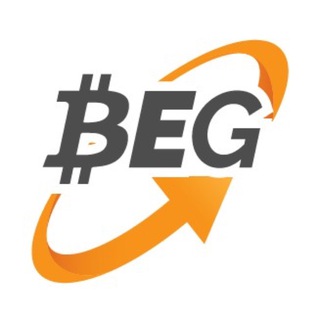The US Securities and Exchange Commission (SEC) chairman Gary Gensler is warning that the $2.2 trillion cryptocurrency industry is too big to exist outside of the “public policy framework,” and by operating outside of it, they jeopardize their own survival. Gensler reiterated that he remains a “technological neutral” but adds that crypto assets need to follow essential public policies such as investor protection against illegal activities much like other assets. “Worldwide, about $ 2 tons worth, it is at the level and nature that it will be within a public policy framework within a relevant framework,” Gensler told the Financial Times.
“History just tells you, it does not take long outside. Finances are ultimately about trust.”
The new SEC Chair and former Goldman Sachs executive, Gensler, taught a course on blockchain technology, digital currencies, and public policy at MIT. He also served as the Chairman of the Commodity Futures Trading Commission (CFTC) between 2009-2013. https://twitter.com/CFTCquintenz/status/1422912721637580803 In his conversation with the FT, Gensler further expressed disappointment at the industry’s response to the agency’s suggestion that exchanges must register with the SEC on the grounds that many crypto assets actually qualify as securities.
“Talk to us, come in.” “There are many platforms in use today that would do better, but there are a few of them. . . beg for forgiveness rather than asking permission.”
Gensler has also called on Congress to make the SEC's authority on regulating the crypto sector more clear. On Wednesday, he is set to testify before the European Parliament’s Committee on Economic and Monetary Affairs on crypto and other matters.
Targeting DeFi
Gensler’s focus currently is on crypto exchanges because the majority of activity in “highly speculative assets” occurs at such places which have “very sparse” investor protection. Additionally, decentralized finance (DeFi) platforms present a challenge to regulators because there is no middleman here to whom laws apply. But regulators can exercise authority over these decentralized platforms; he said adding, it is “not really a new concept” either rather has emerged from century-old peer-to-peer lending ventures. As there was “a middle ground” of peer-to-peer lending, the DeFi platforms have “a fair amount of centralization” in the form of governance mechanisms, fee models, and incentive systems, he said.
“It’s a misnomer to say that it’s just software they post on the internet.” “But they are not as centralized as the New York Stock Exchange. This is an interesting thing in between.”
 bitcoinexchangeguide.com
bitcoinexchangeguide.com